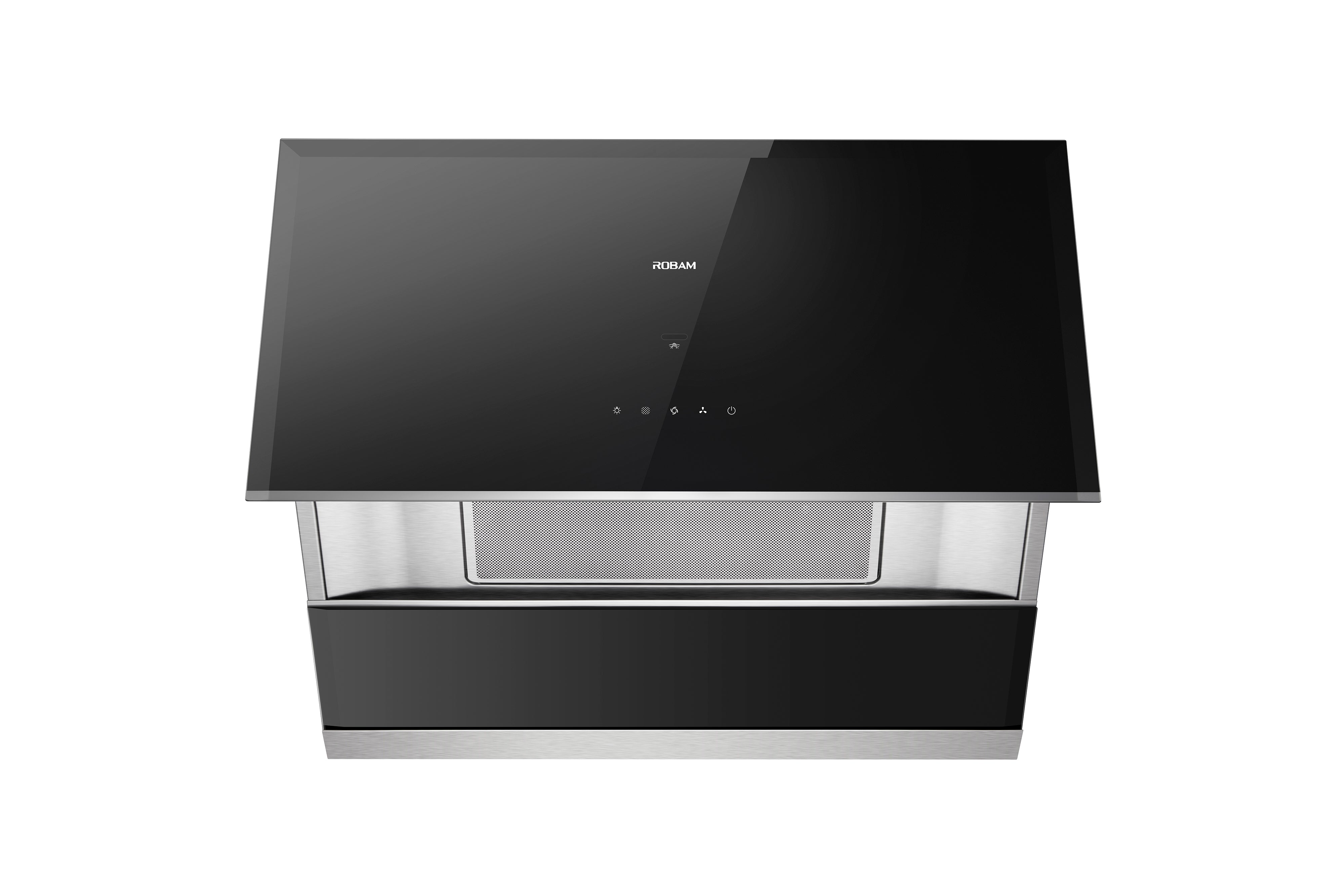The stove is one of the most important parts of your kitchen, so replacing it is a big step. You have two stove options to choose from: gas and electric. Each type has its own pros and cons, so choosing between them can be difficult. Here are the main differences between gas and electric stoves so that you can make the best decision for your kitchen.
Power Source
The first major difference between gas and electric stoves is the power source. Either natural or propane gas powers gas stoves, which are more expensive to install but affordable to maintain. A special high-energy electrical outlet powers electric stoves, which are cheaper to install but have a slightly higher ongoing cost.
Temperature Control
Gas stoves offer better temperature control than electric stoves, as the heating pattern is more concentrated and you can quickly change the size of the flame. This makes them ideal for cooking techniques such as simmering. Electric stoves often take longer to heat, and they can change temperatures, since the heating pattern is more spread out. This makes them ideal for techniques such as boiling.
Safety Measures
Electric stoves are considered safer because they rely only on electricity. The gas required for a gas stove is more dangerous because it can leak, causing fires or fume sickness. Thankfully, some gas range cooktops now have safety measures in place that will cut off the gas if the flame extinguishes. This doesn’t completely make up for the fire hazards, but it certainly makes gas stoves safer.
Long-Term Durability
Electric appliances—including stoves—tend to wear out more quickly; electric stoves’ ignition elements tend to wear out more quickly than those of gas stoves. Ceramic electric stove tops, while more aesthetically pleasing than gas ones, contribute to the shorter life span, as they’re more prone to damage. Dropping a heavy object on a ceramic stove top or splashing cold water on a hot burner can cause the stove top to break. Gas stoves don’t have these risks, making them more durable and easier to maintain.
Overall, choosing between a gas range cooktop and an electric one comes down to knowing the main differences between gas and electric stoves. The major differences are power sources, temperature control, safety measures, and durability. After considering these differences, you can make an informed decision for which stove will be best in your kitchen. Whichever option you choose, ROBAM is here to provide great-quality appliances that will make your kitchen feel like a place for a professional chef.



















